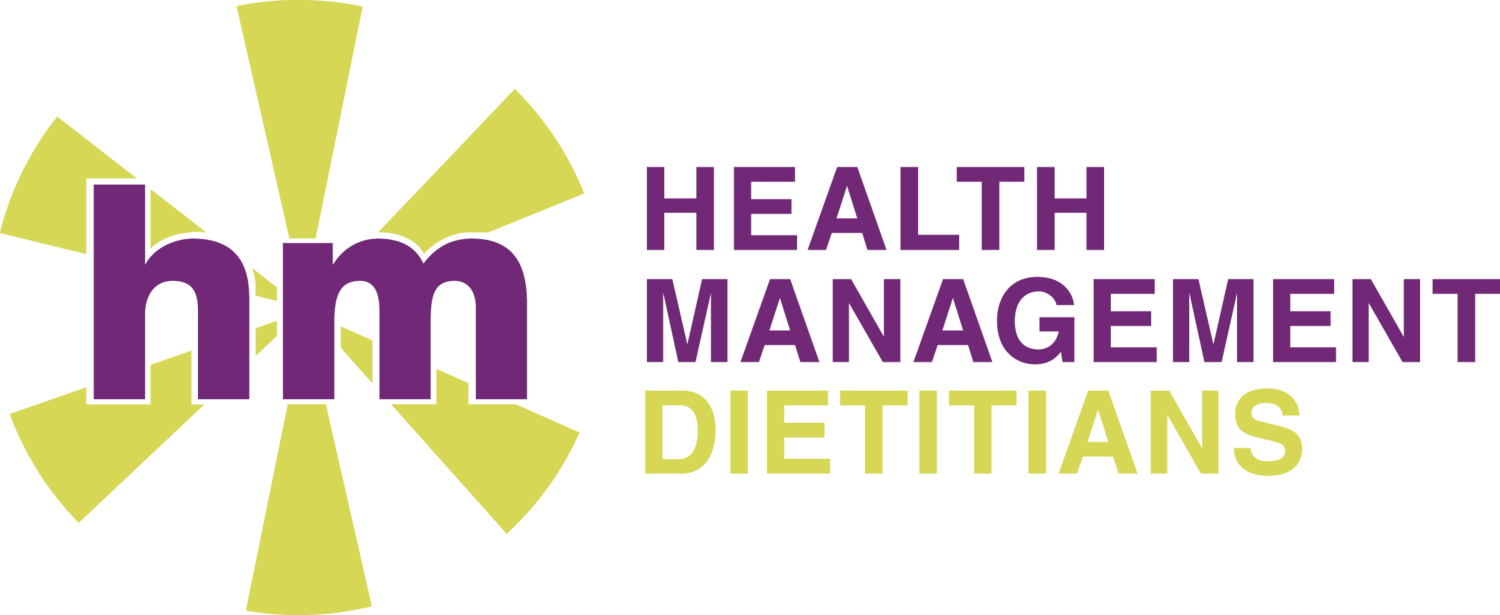Zinc and muscle gain… Do you really need a supplement?
By Health Management Dietitians | Cairns Nutrition Experts
Many gym-goers are told: “Take zinc — it will help you build more muscle.”
But is this true, or just another supplement myth?
At Health Management Dietitians (Cairns, Mareeba, Atherton), we hear this question often. Let’s unpack what science actually says about zinc, muscle growth, and whether you really need a supplement.
Why Zinc Matters for Muscle Growth
Zinc is an essential mineral that plays a direct role in training, recovery, and overall health:
🔹 Muscle repair & growth – activates enzymes involved in muscle protein synthesis
🔹 Hormone support – helps regulate testosterone and other strength-related hormones
🔹 Immunity & recovery – contributes to immune function and tissue repair
🔹 Appetite regulation – influences how easily you can eat enough to fuel muscle growth
Do You Really Need a Zinc Supplement?
Not always. Many Australians can meet their zinc needs through food.
Great food sources of zinc include:
Animal foods: oysters, beef, lamb, kangaroo, chicken, turkey
Plant foods: pumpkin seeds, cashews, sunflower seeds, lentils, chickpeas, beans, wholegrain breads and cereals
👉 Important: More zinc does not equal more muscle, but excess zinc can actually cause harm.
Recommended Daily Intake (RDI):
Men: 14 mg/day
Women: 8 mg/day
Safe Upper Limit: 40 mg/day
(Note: many high-strength zinc tablets contain 25–50 mg, which can push you over the safe limit).
High doses can lead to side effects such as nausea, stomach upset, reduced immunity, and even copper and iron deficiencies.
A Day of Eating to Meet Zinc Needs
Here’s an example of a balanced daily eating pattern that provides ~14 mg of zinc (enough for most men):
Breakfast: Wholegrain toast with 2 eggs, smashed avocado + pumpkin seeds (≈4.5 mg)
Morning Snack: Greek yoghurt with cashews (≈2 mg)
Lunch: Beef stir-fry with brown rice + vegetables (≈5 mg)
Afternoon Snack: Hummus with carrot sticks + wholemeal pita (≈1 mg)
Dinner: Grilled salmon with roasted sweet potato + green beans (≈2 mg)
Plant-Based Diets and Zinc Absorption
Plant foods are great zinc sources, but compounds like phytates (in legumes, nuts, seeds, wholegrains) can reduce absorption.
✅ The good news: Cooking methods such as soaking, sprouting, fermenting, or simply cooking beans and grains help break down phytates, improving zinc availability.
The Bottom Line
Zinc is vital for muscle growth and recovery, but supplements are not a magic shortcut. If you’re already eating a balanced diet and training consistently, you’re likely meeting your needs.
💡 If you’re unsure about your zinc intake, an Accredited Practising Dietitian in Cairns can assess your diet and help tailor nutrition to your training goals.
At Health Management Dietitians (Cairns, Mareeba, Atherton), we hear this question often. Let’s unpack what science actually says about zinc, muscle growth, and whether you really need a supplement.
Get Personalised Nutrition Support
At Health Management Dietitians, we understand that nutrition isn’t one-size-fits-all. Our Cairns dietitians provide personalised, practical nutrition advice to help you reach your goals while still enjoying food.
Contact us today to discover a sustainable approach to eating that supports your health and lifestyle.
